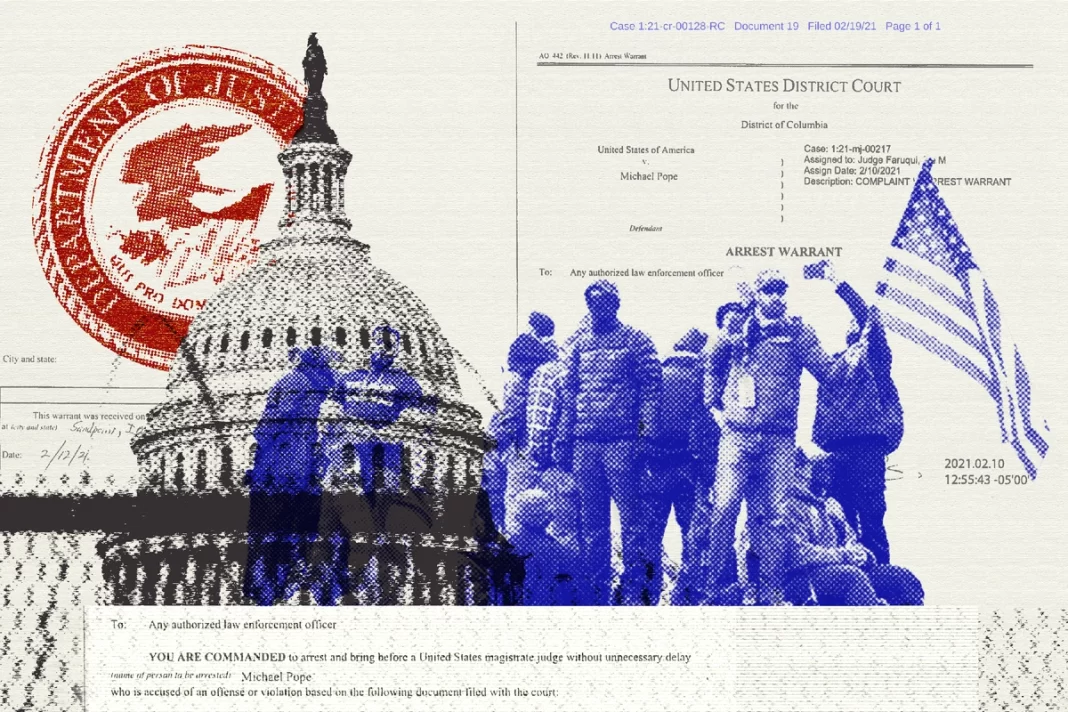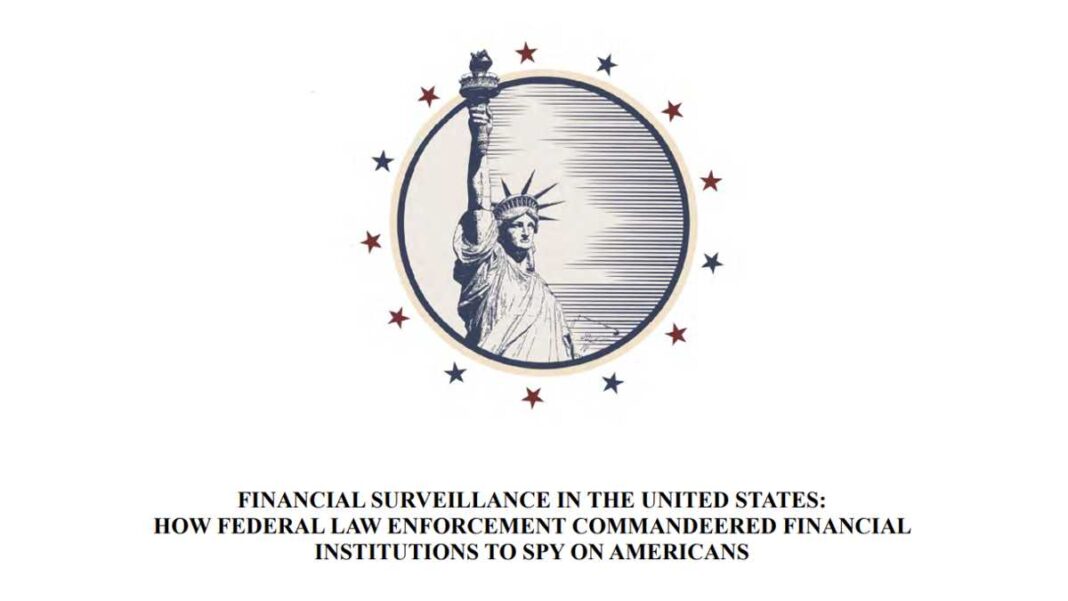President Trump is arguing that each of the activities alleged in Mr. Smith’s indictment are protected by presidential immunity.
The Supreme Court has set April 25 as the date that it will hear oral argument over former President Donald Trump’s claim that he enjoys immunity from prosecution in his D.C. trial.
Announced on March 6, it’s likely to be a historic hearing as the justices will tackle a momentous and relatively untested constitutional question that could impact the election cycle. More specifically, they agreed to consider the question: “Whether and if so to what extent does a former President enjoy presidential immunity from criminal prosecution for conduct alleged to involve official acts during his tenure in office.”
The April date is roughly five months after Special Counsel Jack Smith requested the court expedite President Trump’s appeal and bypass the usual course in which a lower court of appeals hears the case.
President Trump ultimately lost his appeal before the U.S. Court of Appeals for the D.C. Circuit, which rejected his argument that presidents must be impeached and convicted by Congress before they can face criminal prosecution in Article III courts.
Mr. Smith and D.C. Judge Tanya Chutkan were aiming for a March 4 start date for President Trump’s trial but that ultimately got postponed by his appeal in the D.C. Circuit. The Supreme Court’s latest move gives President Trump more time and throws the trial as a whole into jeopardy as he is arguing that each of the activities alleged in Mr. Smith’s indictment are protected by presidential immunity.
Mr. Smith has emphasized what he described as public interest in a quick trial while President Trump and an amicus brief from 22 states have criticized the pace of the prosecution.
Major Constitutional Questions
On Feb. 28, the court announced it would hear oral argument in President Trump’s immunity appeal while effectively halting proceedings before Judge Chutkan. It’s unclear whether the Supreme Court will release a decision within a month as it did in the Colorado case. The justices are already facing public scrutiny over their decision to take the case and will likely feel pressure to release something quickly so that lower court proceedings can continue.





